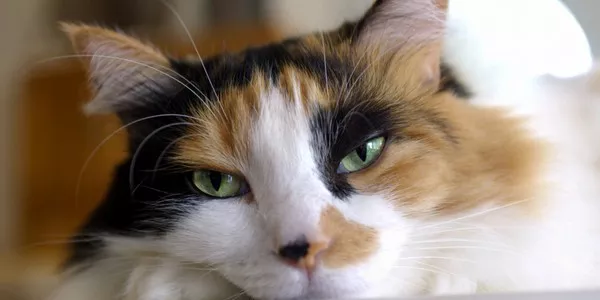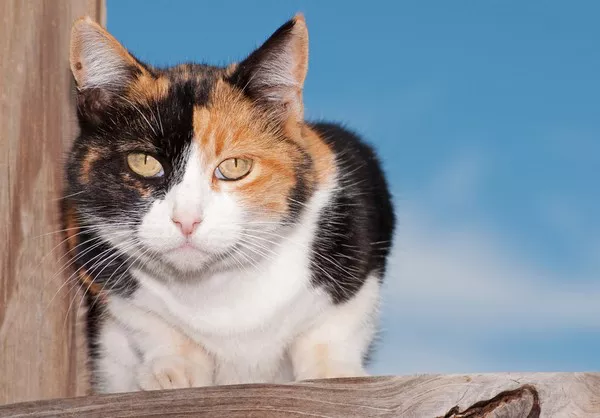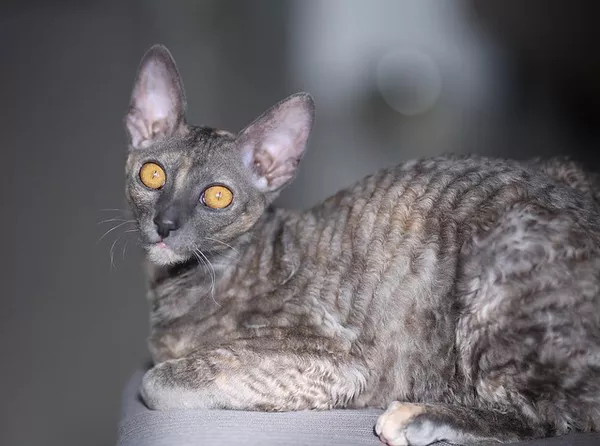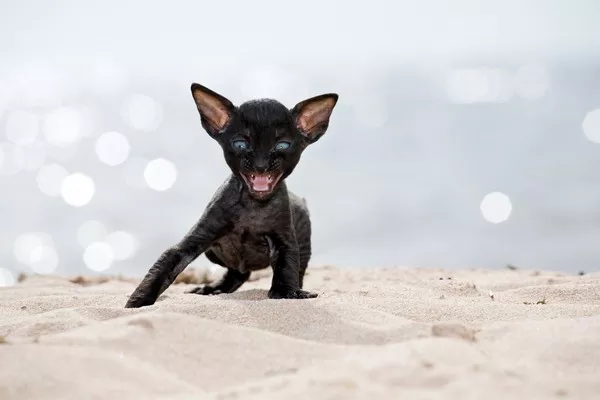If you are a cat lover, chances are that you have heard of calico cats. These beautiful felines are known for their unique coat patterns that feature a combination of white, black, and orange patches. However, what many people may not know is that calico cats are almost exclusively female. In fact, it is estimated that only about one in every 3,000 calico cats is male. But why are male calicos so rare? And what makes them different from their female counterparts? Let’s dive deeper into the world of calico cats to find out.
What is a Calico Cat?
Before we discuss the rarity of male calico cats, let’s first define what a calico cat is. Calico is not a breed of cat but rather a coat pattern. This pattern is characterized by patches of white, black, and orange fur. Sometimes, the orange patches can be more of a reddish-brown or cream color. The distribution of these patches can vary greatly from cat to cat, making each calico cat unique.
Why Are Calico Cats Nearly Always Female?
The reason why calico cats are almost always female has to do with genetics. In cats, as well as in humans, genetic information is carried on chromosomes. Chromosomes come in pairs, and one pair determines an individual’s sex. In cats, females have two X chromosomes while males have one X and one Y chromosome. The gene for calico coloring is located on the X chromosome. For a cat to have calico coloring, it needs to inherit two X chromosomes, one from each parent.
This means that calico cats are almost always female because they have two X chromosomes. Male cats, on the other hand, have only one X chromosome, which means that they can’t inherit the calico coloring gene from both parents. This is why male calico cats are so rare.
What Causes Male Calico Cats?
Although male calico cats are extremely rare, they do exist. In these rare cases, the male cat has an extra X chromosome, which means it has inherited calico coloring from both parents. This condition is called Klinefelter syndrome and occurs when a male cat has two X chromosomes and one Y chromosome, instead of the usual one X and one Y chromosome. The extra X chromosome comes from a genetic mutation that happens during cell division.
Because male calico cats have this genetic abnormality, they can also have other health problems. For example, they may be infertile or have developmental abnormalities. This is why it is important for breeders to be aware of the risks associated with breeding male calico cats.
Are Male Calico Cats Valuable?
Male calico cats are extremely rare, but their rarity does not necessarily make them valuable. The value of a cat depends on many factors, such as breed, age, temperament, and health. While male calico cats may be sought after by some collectors or breeders, they may not be worth any more than a regular cat of the same breed and quality. Additionally, it is important to remember that breeding rare cats like male calicos can perpetuate genetic problems and lead to health issues in future generations.
What Are The Odds Of a Male Calico Cat?
The odds of a male calico cat occurring naturally are estimated to be around 1 in 3,000. However, with advances in veterinary science and genetic testing, it’s now possible to intentionally breed male calico cats through selective breeding programs.
Are Male Calico Cats Infertile?
Male calico cats are often sterile or have reduced fertility. This is because their unique genetic makeup, which includes an extra X chromosome (XXY), can interfere with normal sperm production and function. However, not all male calico cats are infertile, and the severity of infertility can vary between individuals.
In general, male calico cats that have a higher proportion of cells with the XXY genotype tend to be more severely affected by infertility. However, there have been rare cases of fertile male calicos that have been documented in scientific literature.
Conclusion
In conclusion, male calico cats are incredibly rare due to genetics. While the occasional male calico cat may be born with an extra X chromosome, this genetic abnormality can also come with health complications. Breeders must be careful when breeding male calico cats to avoid perpetuating genetic issues. And while male calico cats may be sought after by some collectors or breeders, their rarity does not necessarily make them more valuable than a regular cat of the same breed and quality.



























